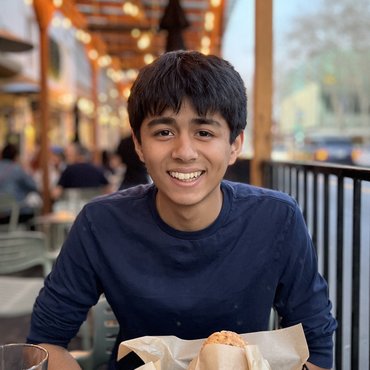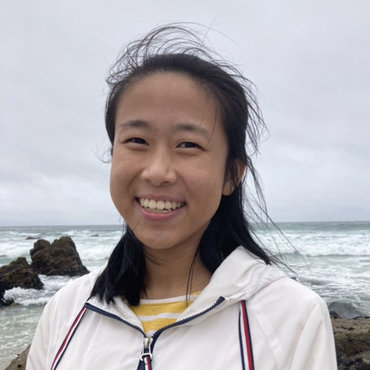
Maria Deloso, '15
Food for filling
Growing food has an enormous impact on the environment, as around 40 percent of the world's land goes toward agriculture. At the same time, obesity is a rising issue globally, partially as a result of more readily available cheap and unhealthy food options.
When I began studying conventional and alternative food production systems, as well as what healthier meals might look like, it seemed to me that if people knew what was better for them and had the resources to do so, they would change for the better. However, this view failed to include issues of income inequality, racism, class, and worker and animal welfare.
While interning at the U.S. Department of Agriculture, I was able to see the anti-hunger programs at work serving free government-subsidized meals to children in East Menlo Park. It was surprising to see that, even in Silicon Valley, some families were unaware of federal food programs and others were sometimes unsure where their next meal would come from.
I ended up co-leading a Haas-sponsored Stanford Pre-Orientation Trip (SPOT) for incoming freshmen called, "Food and Social Justice." Some of the trip's activities included visiting a food justice organization planting community gardens and comparing two farmers' markets targeting customers from differing socio-economic backgrounds, all while camping on a small, organic farm. It excited me to watch the SPOTlets engage with each experience and ask questions that I never knew to ask when starting out as a freshman. In addition, the SPOT trip gave me a space to continue reflecting on the many intersections between food and social justice and trying to better engage with my own privileged background—a constantly evolving process.


